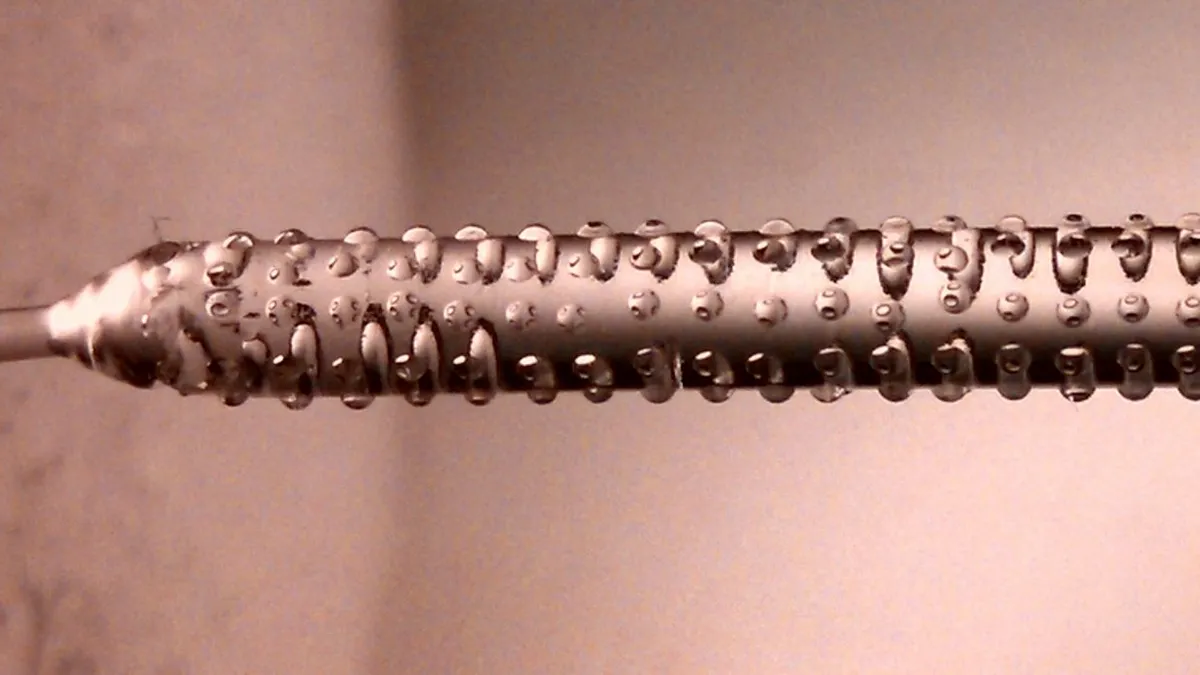UPDATE: Sept. 17, 2019: Orchestra BioMed on Tuesday announced its non-coated sirolimus-eluting angioplasty balloon system received an additional breakthrough device designation, this time for use in patients with below-the-knee peripheral artery disease.
Since Orchestra received its initial breakthrough designation in April for treatment of coronary in-stent restenosis, Concept Medical has received the status from FDA for the below-the-knee PAD indication for a sirolimus device, but in the form of a coated balloon.
Dive Brief:
-
Cardiovascular disease device maker Orchestra BioMed has received FDA breakthrough device designation for its sirolimus-eluting balloon, the Pennsylvania company said Wednesday.
-
The device, called Virtue, is designed to deliver nanoparticle-encapsulated sirolimus to the arteries of patients with coronary in-stent restenosis during balloon angioplasty.
-
Orchestra thinks Virtue can provide ISR patients with the benefits of sirolimus without exposing them to the risks associated with permanent metal implants and balloon coating.
Dive Insight:
Sirolimus’ ability to inhibit cell growth has led to the drug's use by stent developers to prevent narrowing of the artery following balloon angioplasty. However, while such drug-eluting stents are associated with lower rates of ISR than their bare-metal counterparts, a significant minority of people continue to develop the complication. ISR accounts for around 10% of percutaneous coronary interventions performed in the U.S.
A need remains for better treatments for ISR, particularly in patients who repeatedly suffer from the condition when treated with drug-eluting stents. Orchestra's device uses a particle delivery technology to enable sustained administration of sirolimus, a drug with a short half life. In in vivo tests, this delivery mechanism resulted in higher concentrations of the drug in atrial tissues than achieved by two drug-eluting stents, Abbott’s Xience and Johnson & Johnson’s Cypher.
Orchestra and its allies tout Virtue's benefits over drug-eluting stents.
“The unique design of Virtue SEB provides a reliable way to apply the proven anti-proliferative, anti-restenotic benefits of sirolimus during balloon angioplasty without the potential hazards of a permanent metal implant or a balloon coating that may produce downstream particulates and micro-emboli,” Dean Kereiakes, professor of Clinical Medicine at The Ohio State University, said in a statement.
Orchestra submitted clinical trial data to the American College of Cardiology in 2017 in which 50 patients were treated with the Virtue device, indicating no major adverse cardiac events at 30 days and 5.6% target lesion failure at three years.
It also raised $41 million last year to advance Virtue and other devices. The breakthrough designation will support these efforts by providing the company with greater access to FDA and potentially a priority review, if Virtue makes it that far.
The breakthrough nod comes months after Swiss company MedAlliance similarly received breakthrough designation for a balloon that delivers sirolimus via biodegradable micro-reservoirs.










